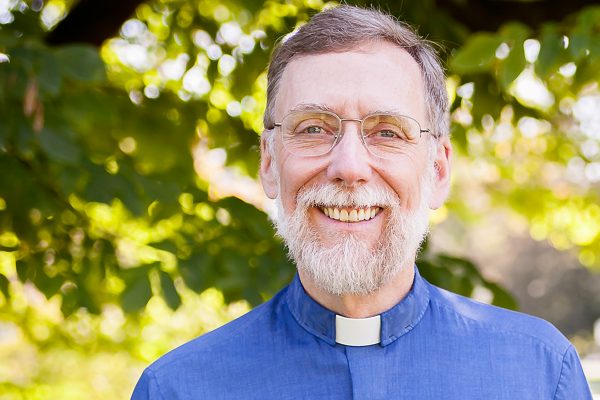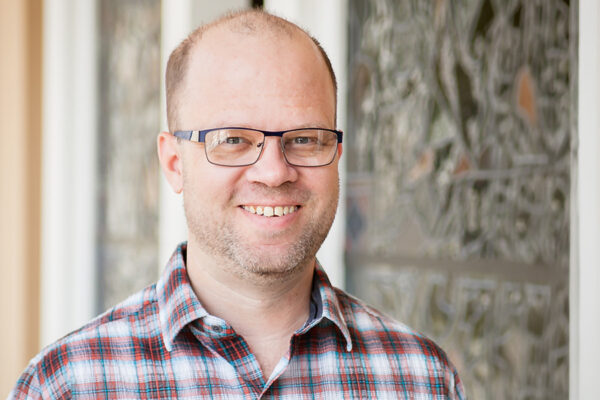Natural Growth and Godly Transformation

“To everything there is a season….” (Ecclesiastes 3:1)
The Preacher, as the author of Ecclesiastes is known, penned a hymn to the truth of natural cycles: a time to be born, a time to die; a time to plant, a time to harvest; etc. As we enter fall, we have a rich opportunity to reflect on seasons and their changes.
Summer’s growth will reflect the environment in which we have been growing. This year I feel that an abundance of suckers, waterspouts, volunteers, and broken limbs adorn the foliage of my life. There have been so many different forces at work on us, leaving some growth stunted and forcing new growth in unexpected areas. The sheer cacophony of issues, voices, and events has distracted me from much of the focused cultivation I might have imagined. I’m sure my inattention and pre-occupation have allowed more than one blind spot or scar to grow up that has blocked me from a conversation, a visit, a gesture of friendship or compassion that someone would have welcomed.
The turn to fall affords a chance to do some useful self-pruning. Nature pulls back and hunkers down in the months ahead; I might well do the same. Can the longer evenings and cooler days provide a context for thinking about what I don’t need to carry forward? Or perhaps what I need to re-grow for the health of my relationships and my own life? We need not look on what has grown as entirely wasteful, wrong, or damaging. As The Preacher said, everything has its season, and these things served some good purpose in their time. A time also comes to take stock of how we’ve grown, too, and to ask what has passed its time.
This week our Jewish neighbors are in the “Days of Awe,” the in-between days of their High Holidays, which stretch from the New Year, Rosh Hashana (last Saturday) to the Day of Atonement, Yom Kippur (next Monday). Much like the Lenten season for Christians, this is a time of reflection, self-assessment, confession, seeking reconciliation with those we have harmed or offended, and anticipating renewal. It fits the Fall well, and I’ve wondered whether Lent in the southern hemisphere might benefit from its different seasonal setting.
Yet there is one other thing to consider. Perhaps nature does provide us with the example I found written on an office whiteboard this week: “The trees are about to show us how lovely it is to let the dead things go.” And perhaps The Preacher does capture well the sense of life’s cycles, even as The Byrds captured it in the rolling, repeating phrases of “Turn, Turn, Turn.” And the recurring opportunity to prune our lives may be one we should welcome.
Neither our Christian life nor the Jewish High Holidays, though, aim at endless cycles. Both point to something we have not known, something promised and sure in God’s grace but not yet real in the world. “Next year in Jerusalem” is the final thought of Yom Kippur, pointing to redemption of God’s people from exile and the world from idolatry. And Paul says, “the dead will be raised imperishable, and we shall be changed” (1 Corinthians 15:52). More than a hope of a fresh start and a better run in the next turning of the cycle, we who worship the Lord of heaven and earth are confident of an ultimate transformation into the season of new life, new heavens, and a new earth, that shall not end.
“Behold,” says God, “I am doing a new thing!” (Isaiah 43:19).




